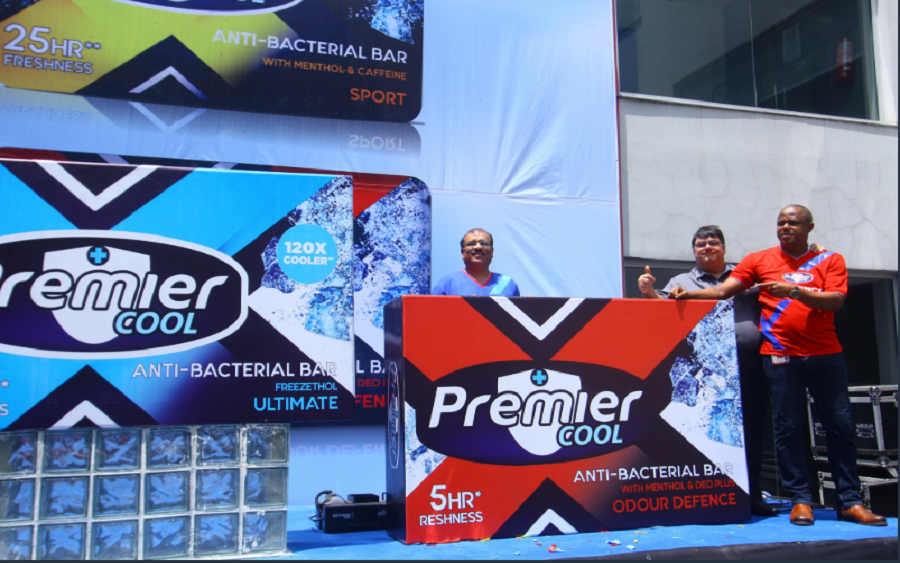PZ Cussons Nigeria Plc has released its unaudited financial results for the first quarter ended Saturday, August 31, 2019.
This was revealed in a notification sent by the firm to the Nigerian Stock Exchange.
[READ MORE: ALERT: PZ Cussons Releases Q2 2016 Results]

Revenue: During the period under review, the company recorded N15.80 billion in revenue as against N15.89 billion recorded in the quarter of 2018. This represents a 0.55% revenue reduction.
Profit After Tax: Similarly, the company recorded a loss after tax of N1.1 billion in the quarter of 2019, compared to a loss after tax of N204 million recorded during the same period in 2018. This represents a 435.49% decline.
Earnings Per Share (EPS) stood at a loss of 28 kobo in 2019 compared to another loss of 5 kobo in 2018.
[READ ALSO: Finally, PZ Cussons projects reduced full-year profit, blames Nigeria]














I am not surprised by the increasing losses incurred by this company. It was fairly obvious to me from the the Jan, 2019 statement by the mother company in the UK that PZ seems to be mis-reading the Nigerian market. Their poor performance in Nigeria is not so much due to economic stagnation as it is due to fierce competition across most of their previously brand strongholds. Imperial leather, premier and morning fresh which used to be household names have been struggling due to change in taste towards soap brands with better fragrance and fancier personality. The universality of the liquid soap technology has created many cheaper alternative brands. Also, their venture into the cooking oil space has not yielded the desired results due to stiff competition from so many other brands by both public and private companies especially over the last five years, hence making it more likely to sacrifice margin in order to sustain sales. I agree with the decision of the company to focus more on their strengths such as cussons baby, haier fridges, etc. But they need to be more innovative and market oriented and driven in order to continue to drive their leading brands, awaken weak brands and to know when the market craves for a complete overhaul of a product’s characteristics or personality or needs a new product entirely.
spot on